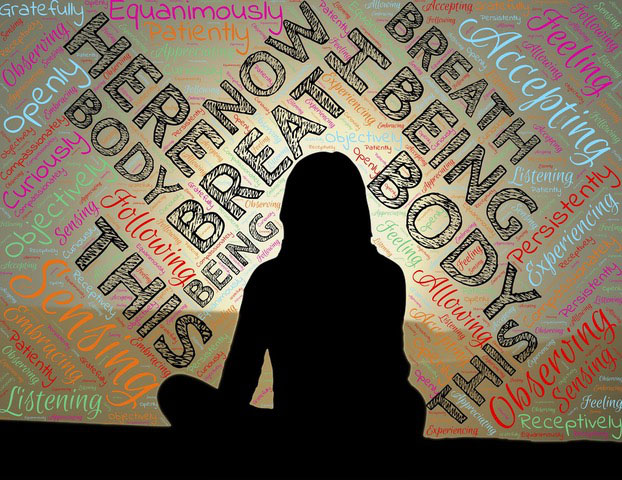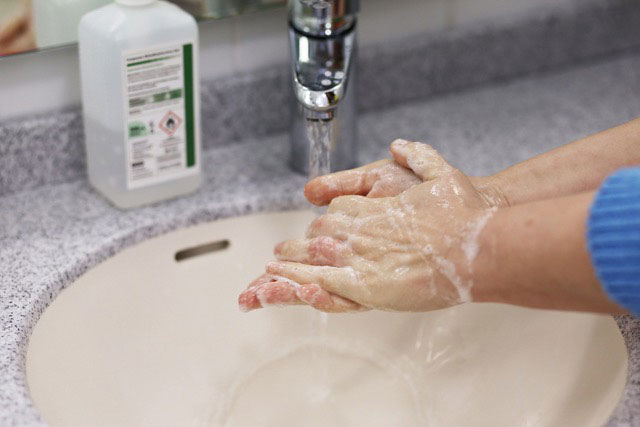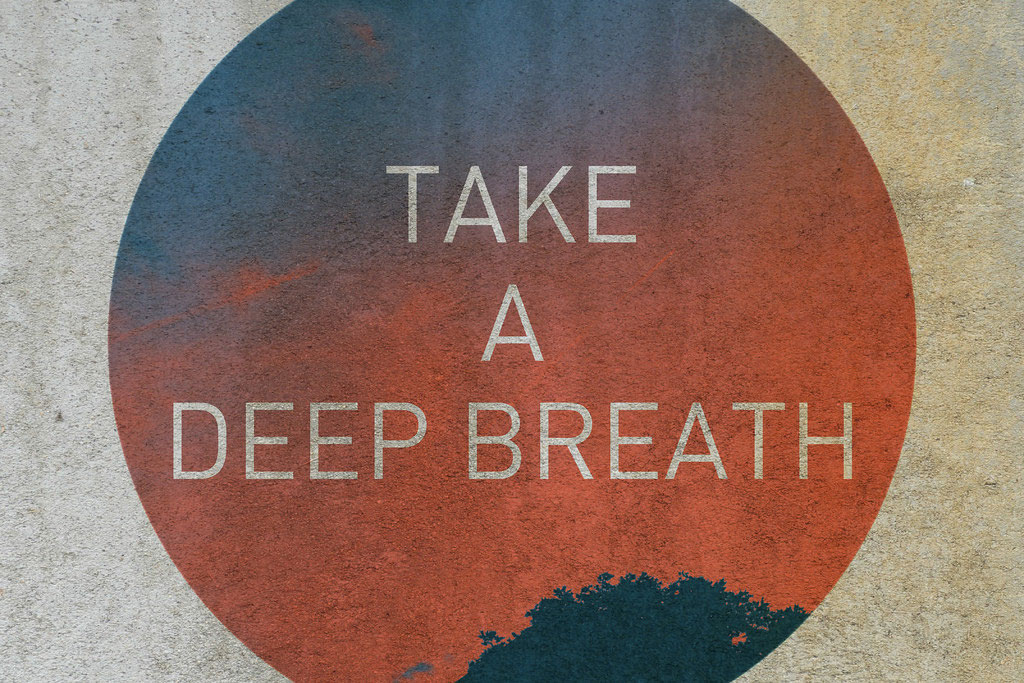
WHEN is in the business of helping people as they strive toward greater well-being in their lives. In that spirit, we offer the following thoughts on coping with the stress of the coronavirus arriving in our communities.
Perhaps you were hoping that this new COVID-19 virus would not cross over to our continent. WRONG. It’s here now. We need to do our best to slow the spread until it can be contained and we have developed a more effective way to treat individuals and develop a vaccine.
No doubt this is a stressful time. There are concerns about the virus itself and its impact on industry, social opportunities, employment, and added economic and financial stress. To be sure, there are many unknowns and uncertainties.
Reasonable caution is warranted, but excessive and unnecessary worry only taxes your physical and emotional resources and tends to skew your reasoning capacity.
Mitigating the stress of living with this pandemic
There are many practical and important steps we should all be taking:
Boosting your immune system any way you can (For more tips, see our WHEN blog, “Keeping the Coronavirus at Bay: What Can You Do?” posted March 6)

But perhaps as importantly – DON’T PANIC.
DON’T Hoard products. Sure, you want to have a reasonable amount of hand sanitizer, paper goods (Have you noticed that you cannot buy toilet paper anywhere?), and a reasonable amount of nutritious food in the case of quarantine. You should also stay informed on the latest developments and regulations as this situation evolves.

Understanding the physiological factors of stress
A surprising and perhaps one of the most important resources we have is our breath. Yes, our breath.
We are all born knowing how to breathe naturally and deeply. But over time, as our lives become more and more complicated and we experience chronic, non-stop busyness and stress, we begin to switch toward more shallow breathing.
Shallow breathing stimulates the stress response, and when we are stressed, our body believes it is in danger. We move into the fight or flight reflex, mobilizing for battle. We are flooded with stress hormones and our sympathetic nervous system goes on high alert.
In addition, we tend to breathe even more shallowly which stresses our body even further. This happens automatically and often without our awareness. Have you ever found yourself feeling like you just can’t get a deep breath? Perhaps you keep striving to get more oxygen by using the upper chest muscles (notice your shoulders raise as you try to catch your breath?)
Shallow breathing creates more stress in our bodies and increases anxiety. This Is very harmful to our immune system, the very system we need to keep us healthy and mitigate the harm of the coronavirus.
Activating your built-in stress reliever
The good news is that we have a built-in stress reliever – diaphragmatic breathing, sometimes called abdominal breathing. Deeper, diaphragmatic breathing stimulates the vagus nerve. The vagus what you might ask? No, not Las Vegas!
The vagus nerve is a major channel of the parasympathetic nervous system which is responsible for calming the fight or flight reaction to stress. It triggers the relaxation response, and can slow heart rate, lower anxiety, and reduce blood pressure. It’s an amazing antidote to stress!
When you are stressed, it’s analogous to driving a car at 100 mph, taxing all your body functions. The vagus nerve acts as the brake. It is easily activated with slower, deeper breaths, and it has a calming and relaxing effect.

All you need to do is consciously breathe deeply and more slowly. According to the Cleveland Clinic, “Even one conscious breath begins to activate your vagus nerve and kicks off a wonderful cascade of benefits.” It’s a natural process, without cost or side effects. Relearning to breathe abdominally can be beneficial for everyone, under any circumstance. It’s a no brainer to help you relieve some of the stress associated with the coronavirus!
Please consider at least trying this proven technique – it works!
Diaphragmatic / Abdominal Breathing
Some people find it helpful to remember the mechanics of this is by thinking, “Breathe in, belly out. Breathe out, belly in.”

This may feel awkward at first, and the hand on your abdomen may not move much. But over time it should become easier and more natural. A good initial goal is to do this for 8-10 breaths, increasing to 5-10 minutes a day. Even better, as you become more comfortable, you could consider practicing 3 times a day. In addition, it is helpful to use this technique if you feel stressed or like you can’t quite catch a full breath.
Wishing you all less stress and good health in the days to come.
Dr. Nancy Friedman
WHEN Chief Being Officer